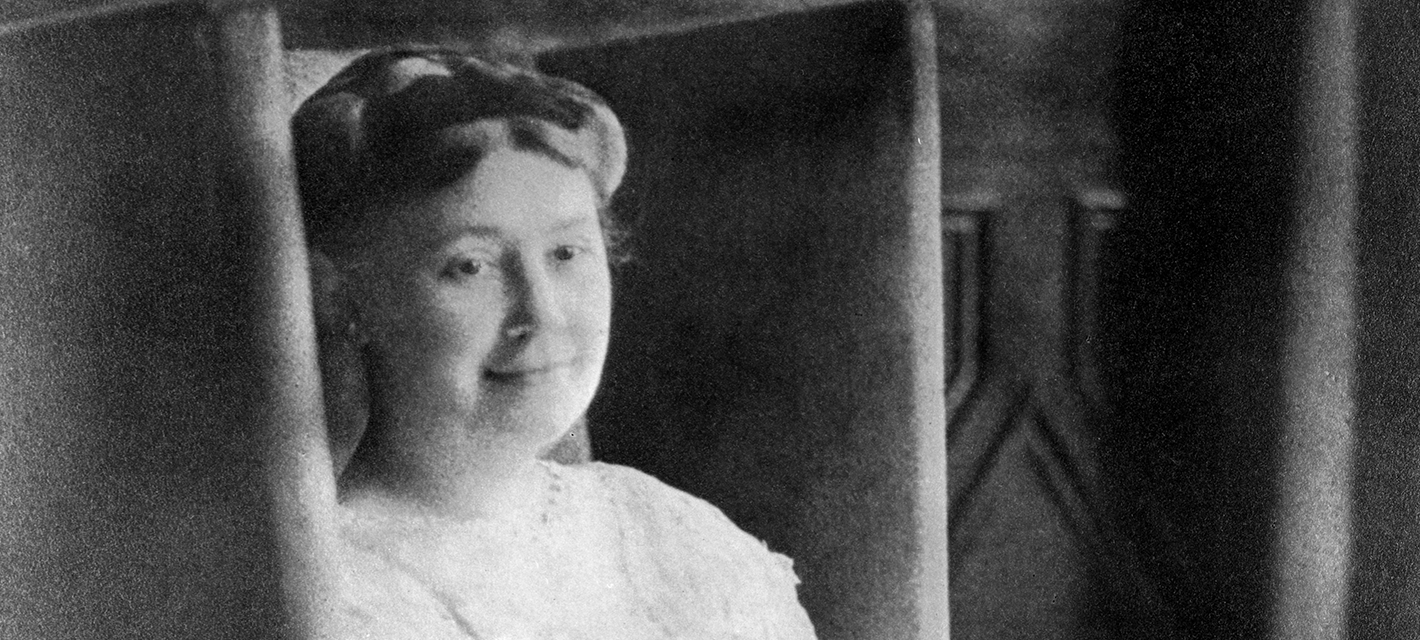Black Suffragists Excluded from the Voting Rights They Helped Attain
In 1920, with the Florida legislature standing in opposition to it, the Nineteenth Amendment was ratified, securing the right to vote for White women. Although Black suffragists played important roles in helping push for the Nineteenth Amendment, many national suffrage associations accepted funding from and worked alongside white supremacists, accommodating racism to win White southern supporters.
As a result, Black suffragists often worked separately from many national suffrage associations in order to address the unique, intersectional challenges that Black women faced. Many states continued to discriminate against Black voters, both male and female, through prejudiced laws, impassible literacy tests, and unreasonable poll taxes. Decades later, Black suffragists continued to fight for equal voting rights.

May Mann Jennings founded Florida’s League of Women Voters in 1921
The Voting Rights Act of 1965 Helped Ensure Universal Suffrage
The Voting Rights Act of 1965 is one of the most far-reaching pieces of civil rights legislation in U.S. history. It was written to overcome legal barriers at the state and local levels that previously prevented Black people from exercising their right to vote. Because it prohibits racial discrimination in voting, the bill helped ensure more universal suffrage, protecting and strengthening the voting rights of all people of color in the United States.
The Strategic Disenfranchisement of Black and Brown Voters Today
Voter suppression has evolved to take varied forms that disproportionately affect people of color. Many policies that might appear racially neutral—such as voter-ID requirements, automatic voter purges, frequent changes to polling-site locations, and registration deadlines— are actually racially biased and disproportionately negatively affect people of color.
Although huge strides have been made towards ensuring all Americans can exercise their right to vote, there is still work to be done to address the strategic disenfranchisement of people of color today.
